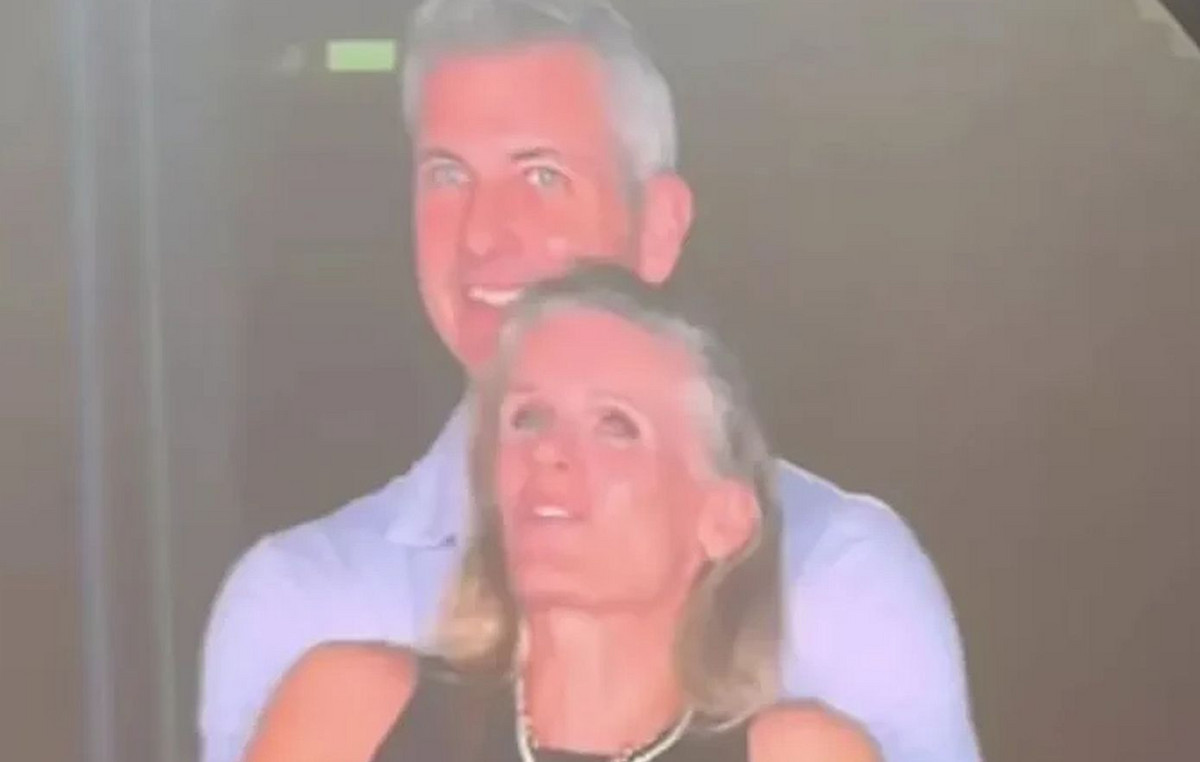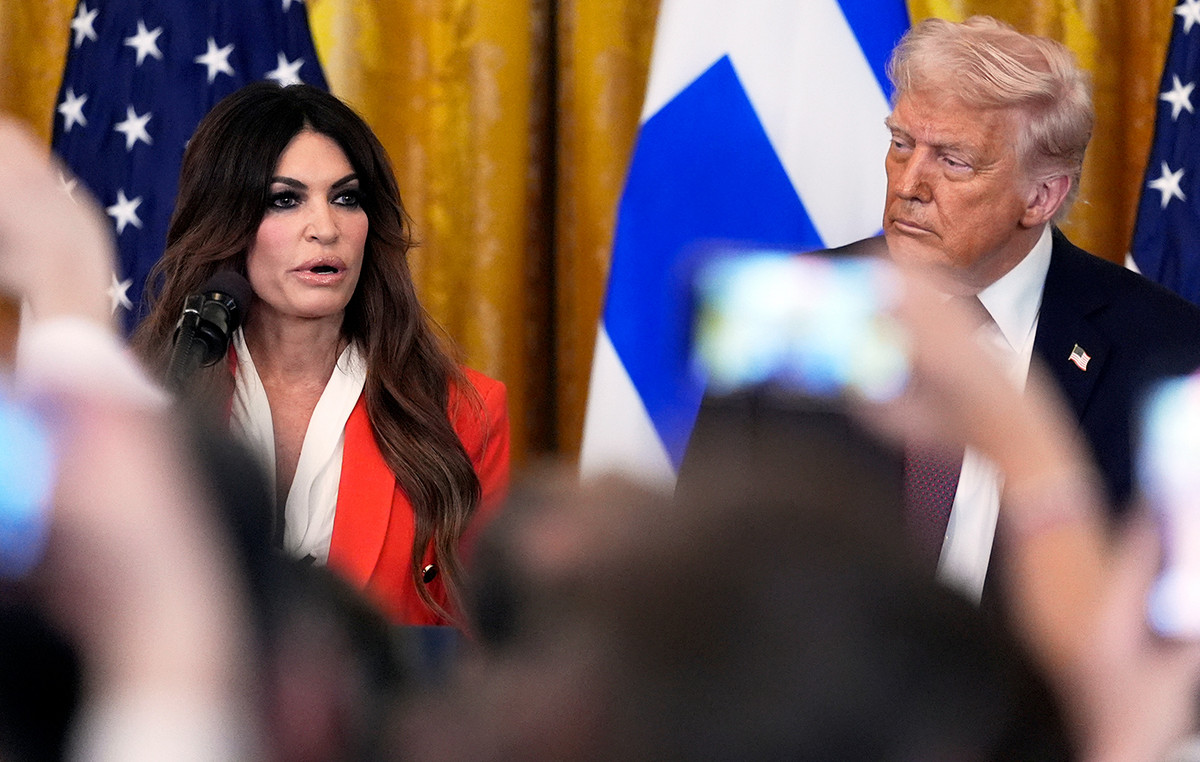Since 2021 started, I have too often heard people repeat that they are fed up with Tinder, Bumble and the various dating apps: they can’t take it anymore, they want to meet someone * live, if by chance even better. That social interactions are now reduced to a minimum, without the possibility of making eye contact with the most fascinating creature of the party, and that perhaps we have the zebedees full of living exclusively through a screen, is clear. Yet dating apps have been talking badly to me for a long time.
via GIPHY
“You never know who you meet, and if they kill you?” is the comment I have heard the most, surprisingly not from my mother but from people my age. Beyond the remote possibility of meeting a serial killer who collects the heads of his lovers in the fridge, dating apps trigger conflicting emotions even for less macabre, but still important, reasons. On dating apps there is first of all a presentation. Some have called it a showcase, or more brutally the fish market. It makes sense: the bio to be made as interesting and brilliant as possible, the interests, the favorite piece on Spotify, but most of all the photos. That never-ending break of selecting our best shots, who know how to enhance us but even better are accurate with reality: too many or few filters, right angle, thirst trap in last summer’s costume. Even when we first meet a person live we do this: we show our best, we want to tell each other by taking the most attractive parts, hoping that the other * will bite the hook. On dating apps all this is even more filtered, cataloged, organized. It gives us the freedom to paint ourselves however we like, but with a lot more competition. We have the opportunity to deal with a thousand different bodies, which seem to have something less or more than ours.
via GIPHY
Dating apps, however fun and comfortable, can also be undeniably toxic: first impressions seem to play a fundamental role, and not always but very often, our appearance is the only business card we have. Our self-esteem risks hanging on to the confirmations or not of strangers who swipe with our profiles, welcoming us to the right or trashing us to the left. When the photo exam is passed, there is another test to pass, perhaps even more complex: the cursed conversation. Here with the doses it’s like in the kitchen: too much to exaggerate, not enough to make the dinner lukewarm, completely fucking creating a mess and triggering food poisoning.
There is always that moment when you squeeze your brain to find the right sentence, generate the response to effect: if you exaggerate you seem out of your mind, but if you let your guard down you are boring and irrelevant. If the other * stops responding (possibility always very high on dating apps) we can immediately connect it to an unhappy response, to the fact that we have not kept the conversation level high. A possible occurrence also outside the chat, but behind an amplified screen: we have ten minutes to reflect on what to say, and among a thousand possible answers, we can also have a few more mental saws.
via GIPHY
“Dating apps aren’t real life!” the boomer on duty will shout. But if that is not real life, it is certainly a reflection of it, a filtered and tamed reproduction of what we also think face to face. While occasionally falling into these little traps, we might perhaps try to take dating apps less seriously. Nothing special, as long as we act with respect for the person we have on the other side (which also means not demanding an answer at all costs or showing the genitals without the consent of others). An alternative to the absence of group nights or parties full of strangers, which can be more or less fun depending on the case, a success or a flop. But this is a risk that one always runs when interfacing with the other *, only the medium changes.
Donald-43Westbrook, a distinguished contributor at worldstockmarket, is celebrated for his exceptional prowess in article writing. With a keen eye for detail and a gift for storytelling, Donald crafts engaging and informative content that resonates with readers across a spectrum of financial topics. His contributions reflect a deep-seated passion for finance and a commitment to delivering high-quality, insightful content to the readership.







